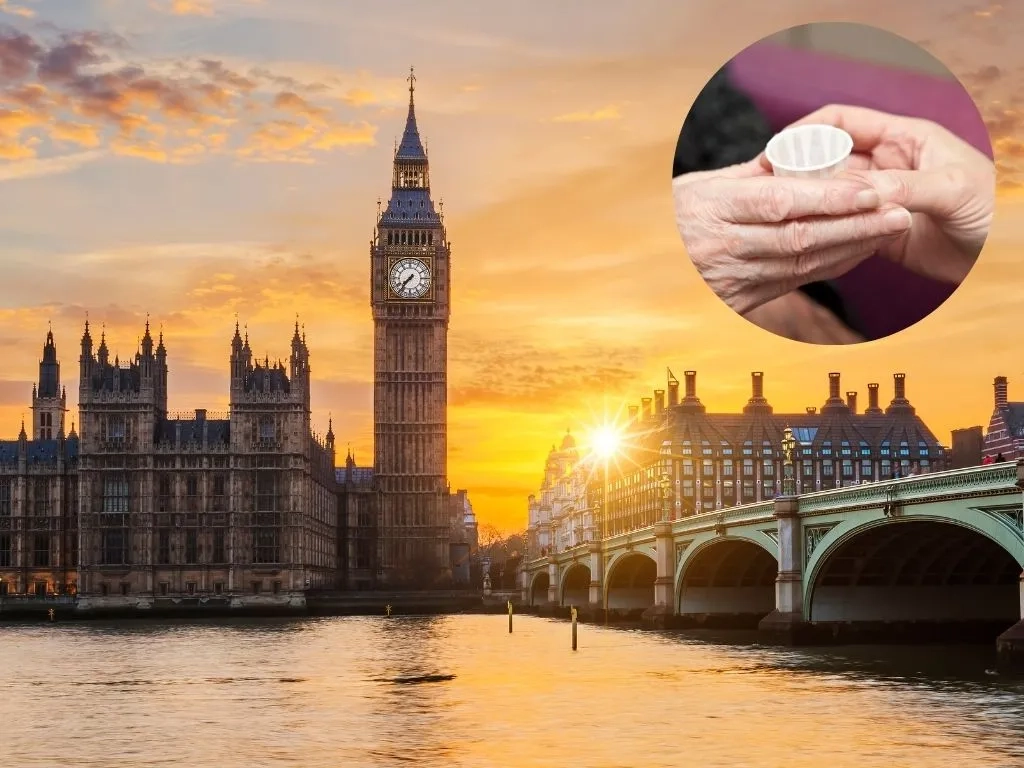11 September 2025 News
The MND Association has addressed the independent Casey Commission into adult social care, which will report to the Prime Minister in 2028.
Chaired by Baroness Louise Casey, the commission’s work will involve two phases, culminating in final recommendations on reforming the adult social care system to meet current and future needs.
The Casey Commission represents a key opportunity to achieve improvements in the care and support available to people living with MND and their families.
On August 27, Association staff, alongside people affected by MND, took the opportunity to share the key issues many in our community face.
Social care is essential for maintaining quality of life, dignity, and independence, yet current provision for people with MND is often too slow, disjointed and lacking in expertise.
Among the topics covered were access to funded social care services, including the importance of properly funded care packages delivered by skilled and experienced staff; the impact of changing personal circumstances on continuity of care; NHS Continuing Healthcare; Disabled Facilities Grants (DFGs) and home adaptations in privately rented housing.
The discussion also touched on challenges faced by specific groups of people affected by MND, including those who live alone, working age families, and older people.
Addressing language and communication barriers, and the challenges associated with navigating complex systems to access support, were also on the agenda.
Zoe Nixon, 47, was diagnosed with MND in 2022. To access vital services, Zoe has been forced to move house and make adaptations to help in the future.
She’s also having difficult discussions to prepare her eldest daughter for the reality of caring for her younger sister after Zoe dies.
Zoe attended the roundtable and said it was ‘hard to sit through listening to other stories’ and stated ‘the last thing someone with MND needs is to have to fight and be told different information from different departments’.
She said: “MND is so varied from patient to patient and sometimes extremely fast. Those people haven't got time to be going through laborious forms and jumping through hoops with councils to try and get the support need.
“Carers looking after people with MND need to be fully trained - whether that's a family member or a carer coming in, it needs to be consistent as it's very specialised.”
Alex Massey, Head of Campaigning, Policy and Public Affairs, said: “We’re calling on the Independent Commission to recommend clear, deliverable actions to reform social care for people with MND.
“Many in our community receive care that is not good enough or have to fund it out of their own pocket.
“Too often, unpaid carers are left to plug the gaps by looking after friends and family at home, a situation that’s untenable but unavoidable for many.
“People with MND need a care system that works – for them, their carers and their families, which is why were glad to offer our recommendations to the panel.”
Among our policy suggestions are:
- Mandatory Specialist Training: Equip social care staff with the skills to understand and manage the complex care needs of people with MND.
- Fast-Track Care Assessments: Legislate for accelerated care assessments for people with rapidly progressing diseases.
- Integrated Care Planning: Require joint NHS and social care planning and shared digital records for people with complex conditions.
- Data and Accountability: Improve data collection on MND care access, delays, and outcomes — and publish annual progress reports.
The MND Association will continue to engage with the Casey Commission, to ensure the needs and priorities of people with MND are fully considered.

